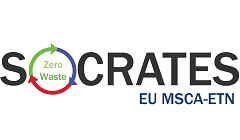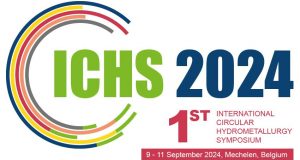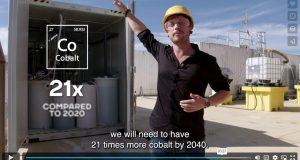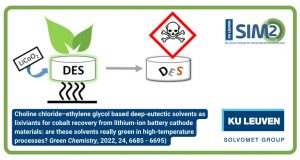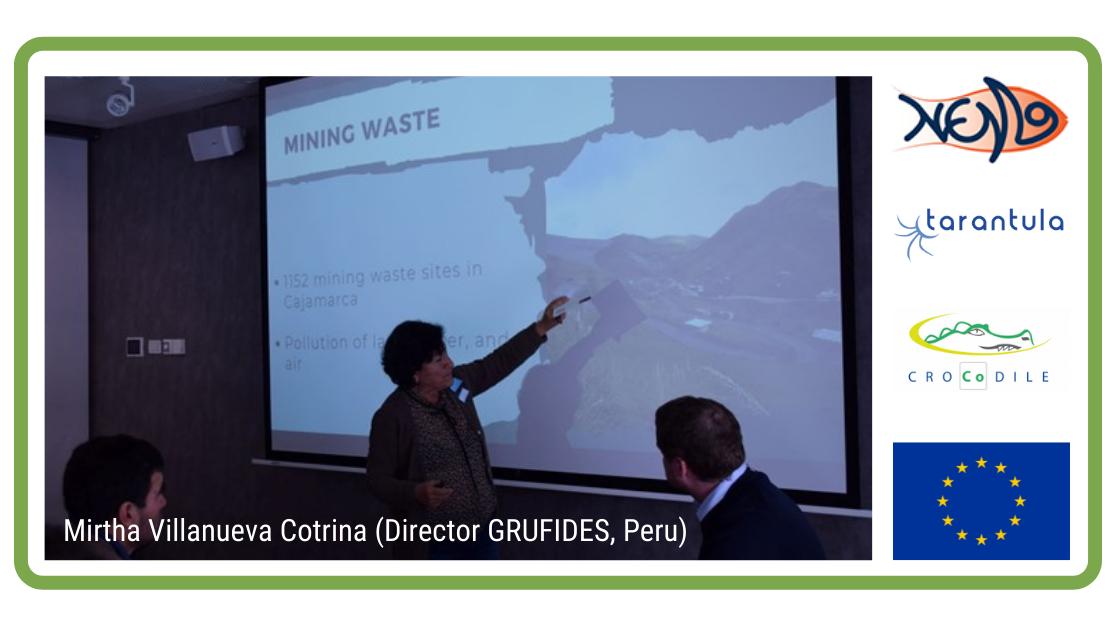On the 18th of June 2019, dr. Annelies Malfliet presented SOCRATES project and the key message of the SOCRATES policy brief “Lead Metallurgy is Fundamental to the Circular Economy” as guest speaker at the Lead REACH Consortium General Assembly. The Lead REACH Consortium is an initiative of the International Lead Association (ILA). The ILA supports its 90 members involved in the mining, smelting, refining, recycling and manufacturing of lead, lead compounds and lead products to meet the REACH regulations.
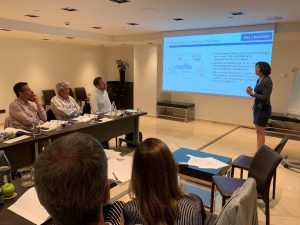
Dr. Annelies Malfliet presenting the Socrates policy brief: Lead Metallurgy is Fundamental to the Circular Economy
On March 28, 2019, the Socrates project launched a press release to alert that ‘The EU’s circular economy plans risk stalling if regulators pursue ill-judged restrictions‘. Shortly after the press release, the consortium was invited to present its policy brief at the ILA General Assembly. Dr. Annelies Malfliet underlined the importance of lead as a carrier metal which allows to recover and recycle everything from silver to cadmium. Lead is a key enabler in the circular economy, as it is capable of dissolving and carrying a multitude of technology elements. The concept that lead metallurgy is key to the realization of the Circular Economy was well received by the attendants.
Five key lessons learned are highlighted in the policy brief:
Lesson 1: Lead is frequently seen as a problematic metal that can be detrimental to human health; what is much less well known is its fundamental role in extractive metallurgy and how this is closely associated with the Circular Economy.
Lesson 2: Molten lead has unique properties that means it can act as an efficient liquid carrier for critical raw materials such as In, Bi, Cd and Te.
Lesson 3: Restricting lead metallurgy in the EU would not only have a detrimental impact on the lead industry, but also on all the industries linked to it that work with elements like Ag, Cu, Sb, Sn, Te and Zn.
Lesson 4: The focus must be on correctly and comprehensively minimising the risks of lead-containing materials for society and carefully managing them, rather than attempting to ban the use of lead.
Lesson 5: An environmentally friendly and energy-efficient lead infrastructure together with the associated research and know-how in Europe is absolutely vital if the continent is to maintain its global leadership in the Circular Economy.
Read the full policy brief.
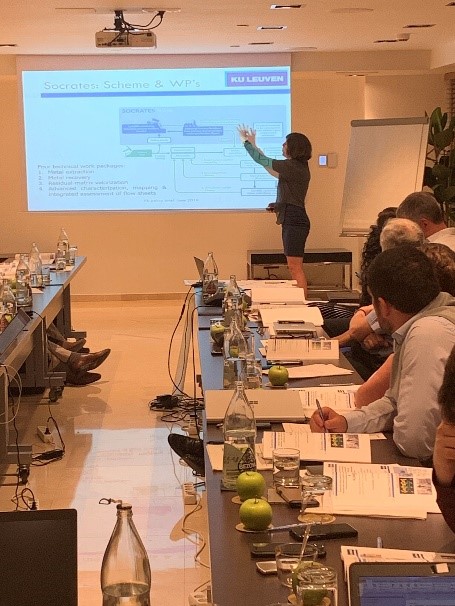
The concept that lead metallurgy is key to the realization of the Circular Economy was well received by the attendants.
